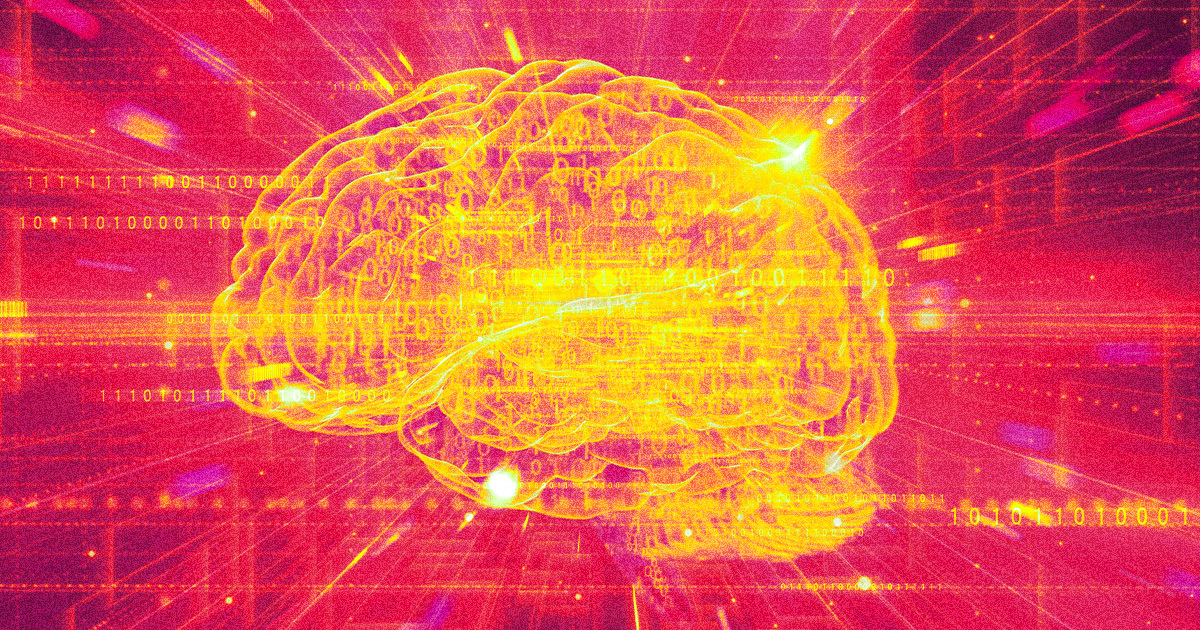• Concerns rise as Neuralink fails to provide evidence of brain implant success, raising safety and transparency questions.
• Controversy surrounds Neuralink’s lack of data on surgical capabilities and alarming treatment of monkeys with brain implants.
• While Neuralink touts achievements, experts question true innovation and highlight developments in other brain implant projects.



(Why would the human’s inebriation level matter if the vehicle is moving autonomously?)
Because it’s not autonomous, nor “full self driving”. It’s a glorified adaptive cruise control. I don’t think it’s even in the L3 category… (I’m not the biggest fan of the autonomy “levels” classification but it’s an ok reference for this).
Tesla would just get up and lie to the public like that?
Agreed. Also while it’s impossible to say in any individual case I suspect people might be more likely to drive while inebriated if they believe the autopilot will be driving for them.
This kind of thinking is why these accidents happen. The goal of autonomous driving is for it to one day be better driver than the best human driver, but this technology is still in its infancy and requires an attentive driver behind the wheel. Even Teslas tell you this when you engage these systems.